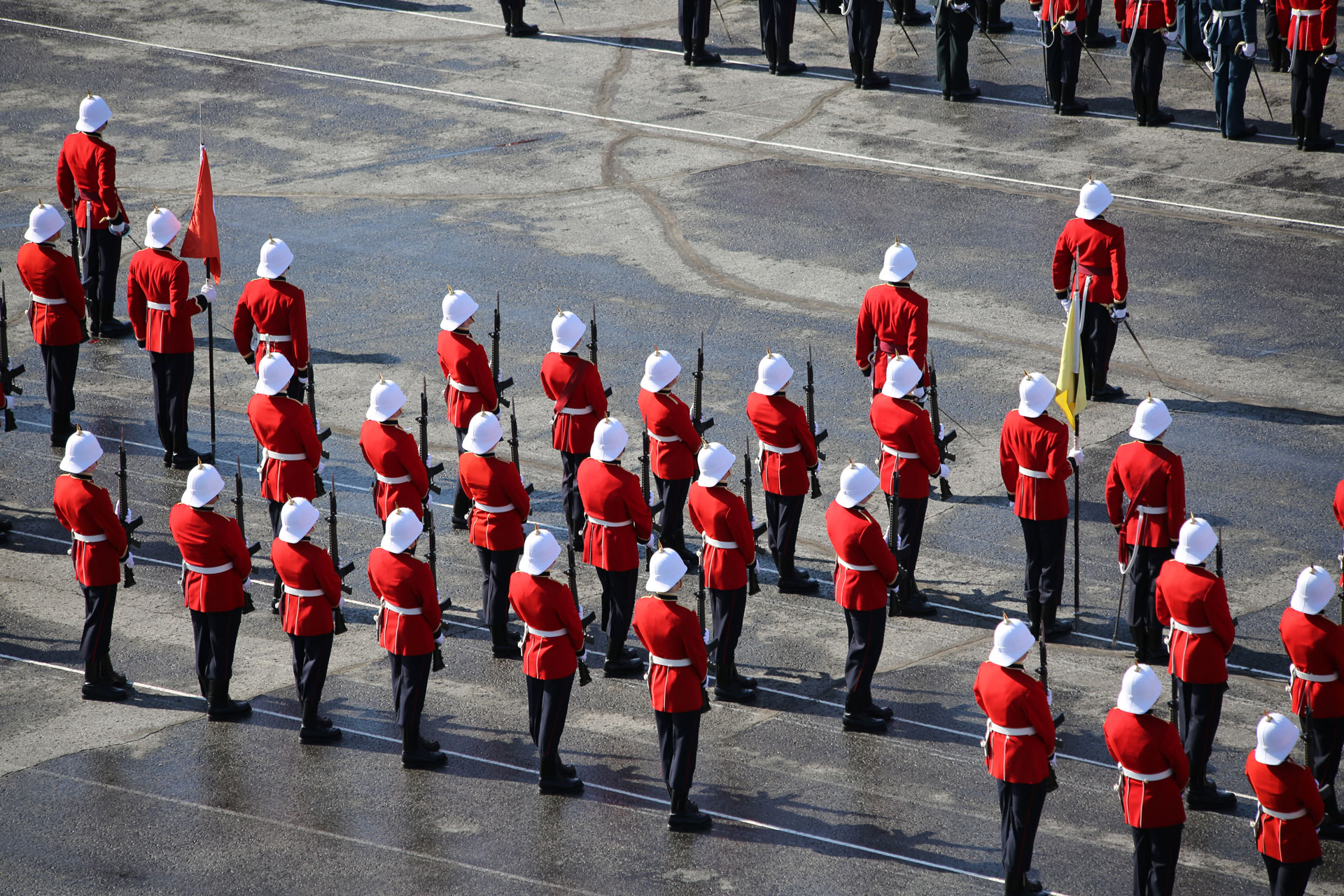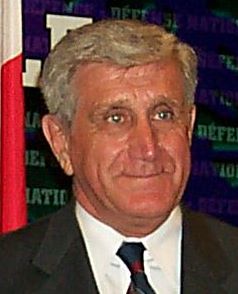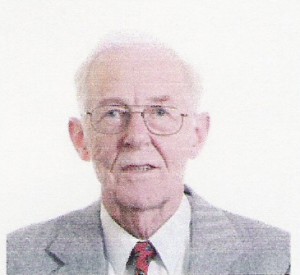
The Fall Convocation (FC) will occur on Friday, 19 November at Currie Hall at 2 PM. The ceremony provides the Vice-Chancellor the opportunity to confer degrees upon those individuals who have completed their degree requirements since the previous Spring Convocation. It is also a profiled opportunity to confer an Honourary Degree upon 5780 Colonel (Ret’d) Bernard Laliberté (CMR RMC 1963) and Dr. Colin Franklin.
Condensed bios on the two 2010 Fall Convocation Honourary Degree recipients:
 Bernard Laliberté, an outstanding athlete at the Royal Military College of Canada, he went on to a successful career in the Canadian Forces, retiring in 1993. His post-retirement activities represent all that the College stands for and reflect most favorably on the College, the Canadian Forces and Canada.
Bernard Laliberté, an outstanding athlete at the Royal Military College of Canada, he went on to a successful career in the Canadian Forces, retiring in 1993. His post-retirement activities represent all that the College stands for and reflect most favorably on the College, the Canadian Forces and Canada.
He graduated from RMC in Kingston, Ontario with a Bachelor of Mechanical Engineering. He is a graduate of the Canadian Forces Staff College in Toronto and the United States Air Force Air War College in Montgomery. Alabama.
He served in the Canadian Forces as a Navigator. During his military career, he flew on Search and Rescue and long range transport aircraft accumulating over 5000 flying hours. During his ground assignments, he taught engineering at the Collège militaire royal de Saint Jean, commanded the Lac St Denis Radar Station and 426 Transport Training Squadron, served as Base Administration Officer at the Canadian Forces Base Bagotville, Executive Assistant to the Commander of the Air Force and spent three years as Deputy Chief of Staff Personnel and Administration of the Canadian Forces Training System.
In 1989, he commanded the Canadian Air Contingent deployed in support of the United Nations for Ops Matador in Namibia, Africa. His final appointment was Director General of Program Evaluation Office at NDHQ.
Following retirement from the Canadian Forces in 1993, he joined the International Federation of Red Cross and Red Crescent Societies (IFRC), as delegate, and has since worked in Asia (Bangladesh, Indonesia, China, Cambodia, Mongolia, Nepal, Laos, Afghanistan) and Africa (Tanzania, Rwanda, Mozambique, Madagascar), specializing in all aspects of disaster and risk management including post-disaster relief operations, humanitarian and organizational development, and refugee/Internally Displaced Persons camp management.
He served as Head of Mission in Bangladesh, Tanzania and Rwanda. Recently, with the Canadian Red Cross, he served as Community Liaison Delegate in the Maldives following the Dec-2004 Tsunami and evaluated disaster preparedness and response programs in Indonesia and Haiti.
___________________________________
 Dr. Colin Franklin was chief electrical engineer for Canada’s first satellite, the Alouette topside sounder, named by the Canadian government as one of the ten most outstanding achievements of Canadian engineering in the country’s first century. He was subsequently chief engineer for the ISIS series of scientific satellites and head of the Space Electronics Laboratory at the Defense Research Telecommunications Establishment (DRTE) in Ottawa. In 1993, the Institute of Electrical and Electronic Engineers designated the Alouette / ISIS program an International Milestone of Electrical Engineering. After fulfilling the role of chief engineer on the very successful ISIS satellites, Colin Franklin became Project Manager for the communications technology satellite Hermes, the forerunner of the direct-to-home TV broadcast satellites.
Dr. Colin Franklin was chief electrical engineer for Canada’s first satellite, the Alouette topside sounder, named by the Canadian government as one of the ten most outstanding achievements of Canadian engineering in the country’s first century. He was subsequently chief engineer for the ISIS series of scientific satellites and head of the Space Electronics Laboratory at the Defense Research Telecommunications Establishment (DRTE) in Ottawa. In 1993, the Institute of Electrical and Electronic Engineers designated the Alouette / ISIS program an International Milestone of Electrical Engineering. After fulfilling the role of chief engineer on the very successful ISIS satellites, Colin Franklin became Project Manager for the communications technology satellite Hermes, the forerunner of the direct-to-home TV broadcast satellites.
Turning his talents beyond project management and technical design, Colin chaired the NRC University Grants Committee for Electrical Engineering and produced the 1976 Department of Communications report leading to Canadian cooperation with the European Space Agency. He carried on at the Ministry of State for Science and Technology to contribute to plans for a Canadian Space Agency and for the first Long Term Space Plan which underwrote Canadian participation in the International Space Station and the Mobile Communications Satellite (MSAT) and the remote sensing RADARSAT-1. Colin later became Director General of Space Programs and then Director General of Space and Industry Development Programs in the Department of Communications.
In the last century our beloved country was bound together by rails of steel; today Canada is tied by space-borne communications and remote sensing, materially advanced by Colin Franklin. He dared to undertake very difficult challenges in space, and then exhibited brilliance in implementing the agreed projects. He inspired technical experts and laymen alike in demonstrating what Canada could achieve, and helped lay the groundwork for the next generation of space enthusiasts.
